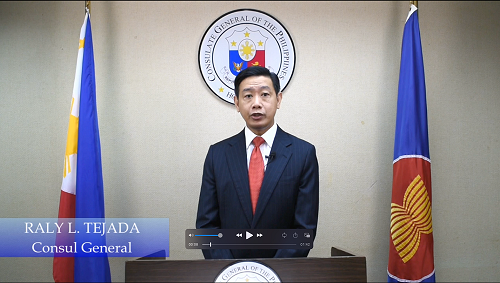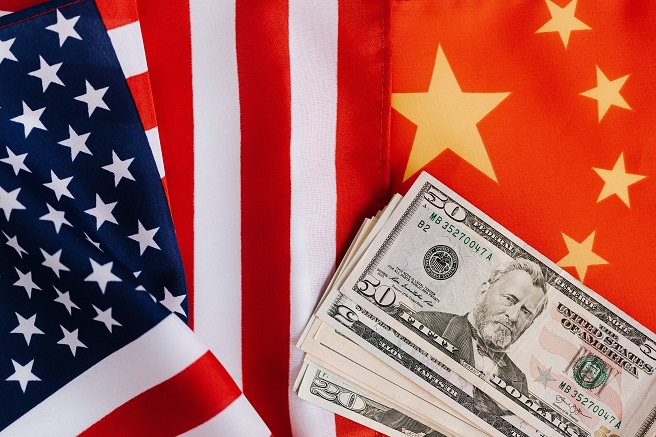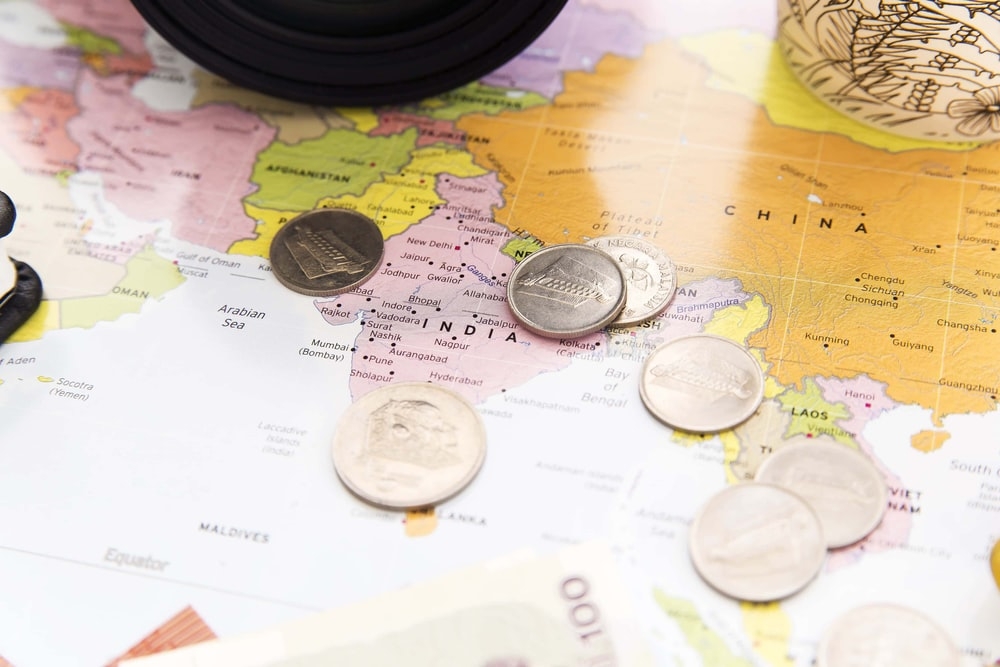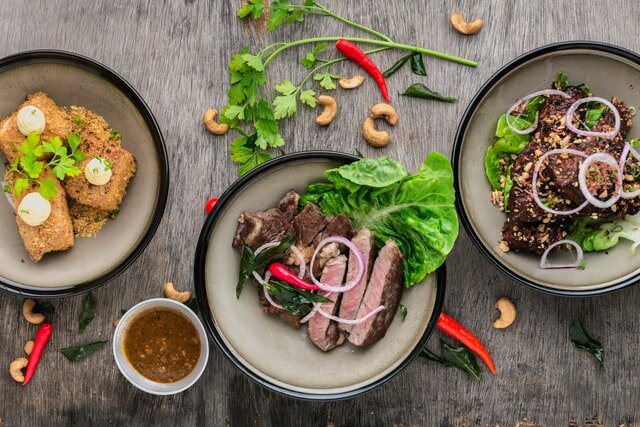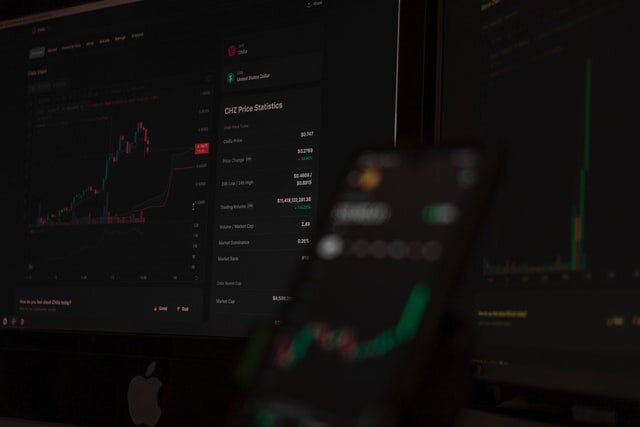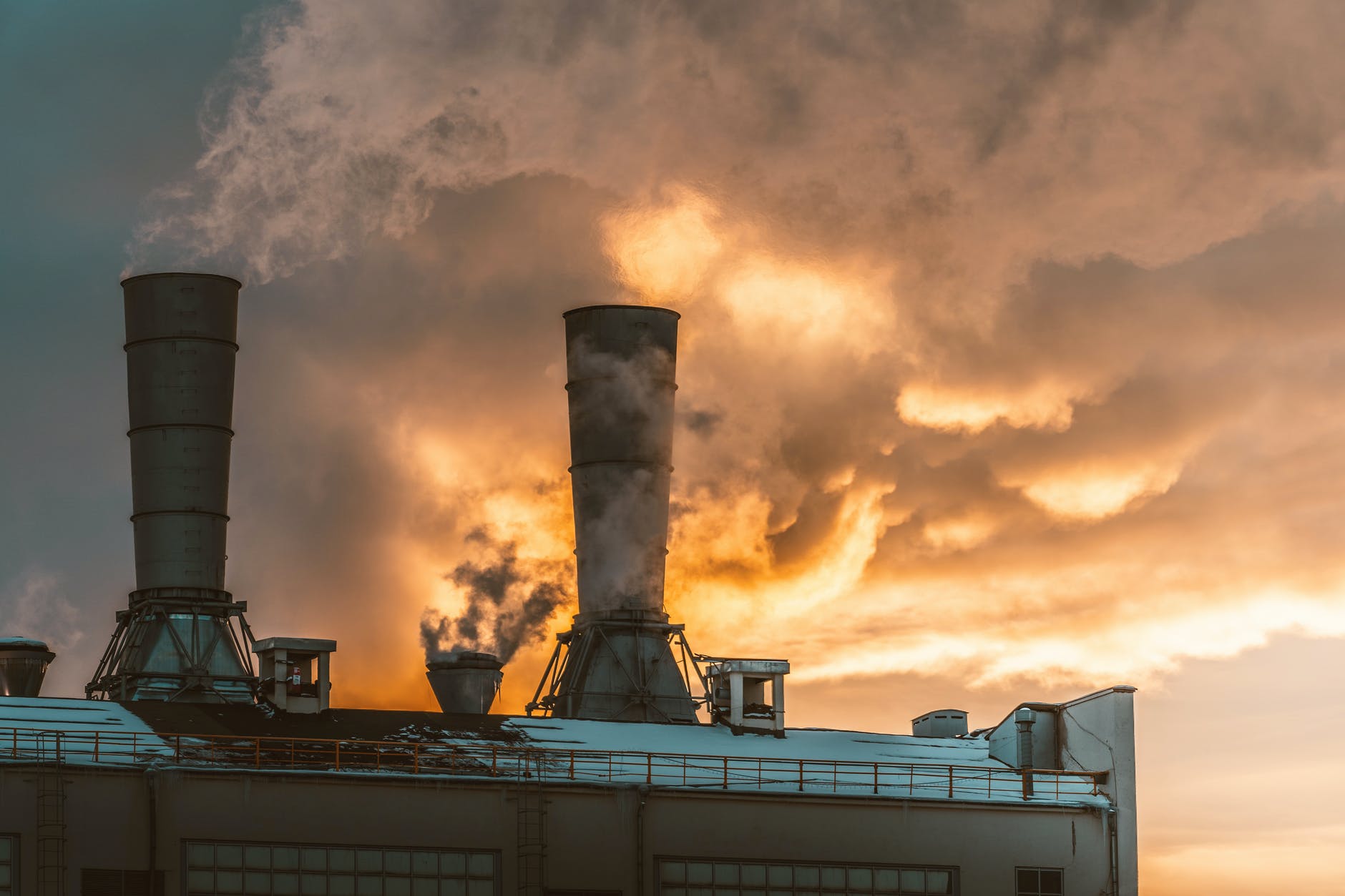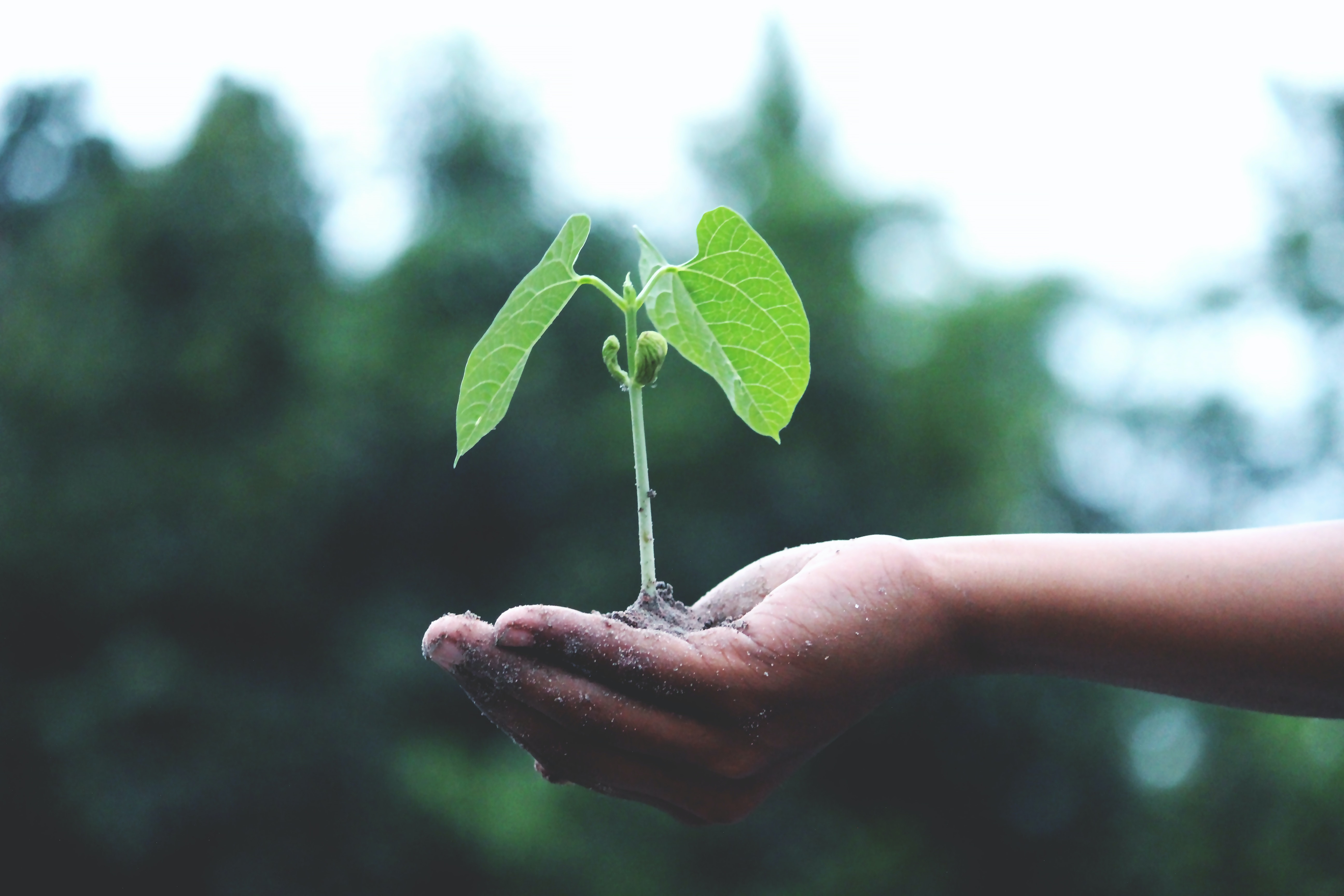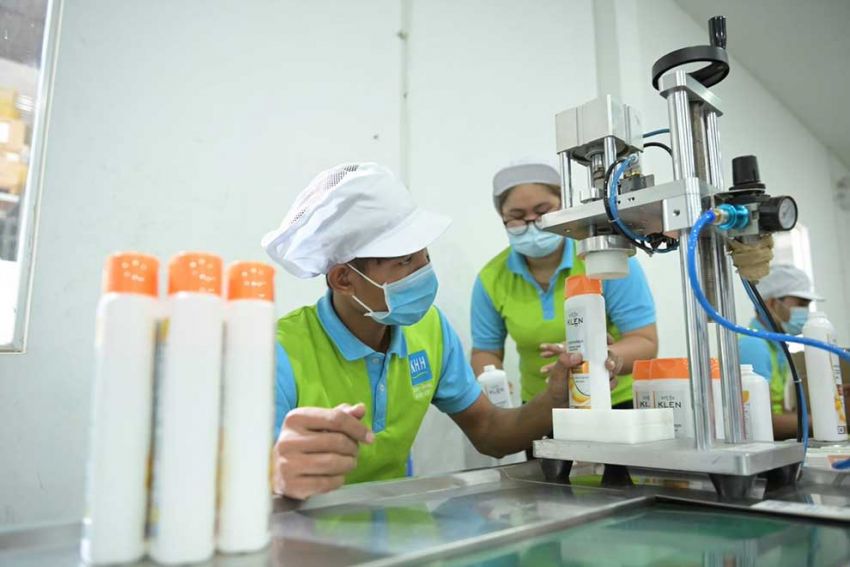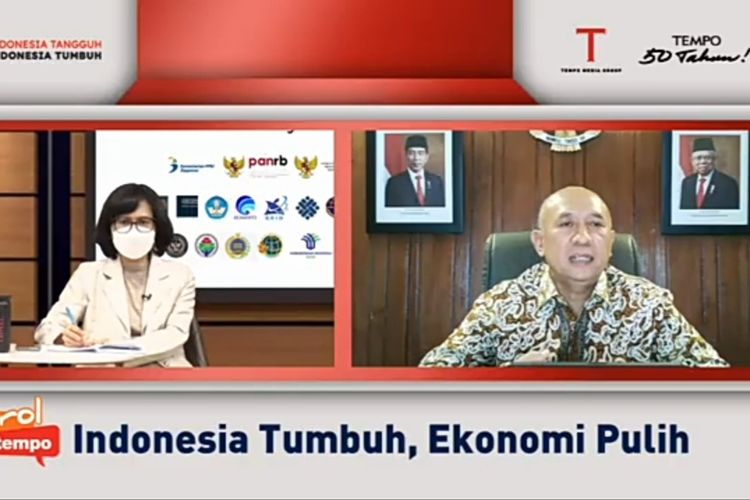The Philippine Trade and Investment Center Hong Kong (PTIC-HK), in partnership with the Philippine Consulate General in Hong Kong SAR, PTIC – Beijing, PTIC – Guangzhou, PTIC – Shanghai, the Office of the Agriculture Counsellor of the Philippines in Beijing, Department of Trade and Industry -Export Marketing Bureau (DTI-EMB), DTI Baguio – Benguet, and the Center for International Trade Expositions and Missions (CITEM), officially launched the “Philippine Flavours” campaign to promote the Philippines as an attractive and reliable source of food products and ingredients for the Hong Kong and Mainland Chinese market on 5 August 2021.
The campaign is envisioned to kickstart a conversation around Filipino food and beverage products leading up to the country’s participation in the Hong Kong Trade Development Council’s Food Expo this month.
During the opening remarks, Atty. Raly L. Tejada, Consul General of the Philippine Consulate General in Hong Kong, emphasized the strong and enduring ties between the Philippines and Hong Kong, adding that Hong Kong is a great platform for Filipino food exporters to test the Mainland China market.
“The relationship between the Philippines and Hong Kong is very important not only because of their proximity but also because they see each other as important trading partners,” said Consul General Tejada.
In 2020, Hong Kong ranked as the country’s fourth trading partner, fourth largest export market, and 11th import supplier.
“For this campaign, we aim to promote Filipino products to Hong Kong, China, and even other parts of the world and provide a channel for Hong Kong’s general public to know more about the Filipino food and beverage,” he added.
The campaign kicked off with the launch of a cooking video between Carlo, a local chef from the Philippines and Martin, a popular online influencer in Hong Kong, where they cooked three Filipino-Hong Kong fusion dishes: beef brisket in clear broth, lychee sweet and sour pork, and pancit.
After the video launch, an ensuing panel discussion explored the opportunities for Filipino food products and raw ingredients in Hong Kong. Moderated by Atty. Roberto B. Mabalot Jr, Vice Consul (Commercial) and Commercial Attache of PTIC-Hong Kong, the panelists included Mr. Billy Wong, Deputy Director of Research of the Hong Kong Trade and Development Council; Ms. Eva Marie C. Mariquina, Officer-in-Charge of Overseas Trade Fairs and Buyer Campaign Division, Center for International Trade Exposition and Missions; and Mr. John Carlo De Guzman, a businessman – chef from Baguio, Philippines.
“Being a strategic market for Philippine food products, we want to capitalize on our proximity to the market by bringing the best of Philippine flavours through products and ingredients. We want the market to experience unique Philippine flavors in their dishes. So the approach is fusion. We put in the market’s consciousness there are Philippine products which can add another layer of texture and flavor to their usual food,” Mariquina said.
In his closing remarks, Trade Secretary Ramon M. Lopez called on the 200,000-strong overseas Filipino (OFs) community in Hong Kong to champion Filipino food and beverages in their respective households.
“We look forward to our OFs in Hong Kong using more of our Filipino products when providing for the food and beverage requirements of your employers and their families. It is through this simple act of pride and patriotism that you are able to shine a light on Filipino food and beverage products, which indirectly contributes to our homeland’s economic development,” Secretary Lopez said in a video message.
“[P]hilippine food is a good representation of our country because, despite the diverse cultures throughout the islands, food also unites us—especially when we share it with others. We hope that we can share our food with you today,” Lopez concluded.
The Philippines will be participating in the Food Expo organized by the Hong Kong Trade Development Council from 12 – 16 August 2021, where it will promote Filipino food products that can be used as a substitute for ingredients in Hong Kong dishes. ♦
Date of Release: 11 August 2021
For the original release, please click here.


